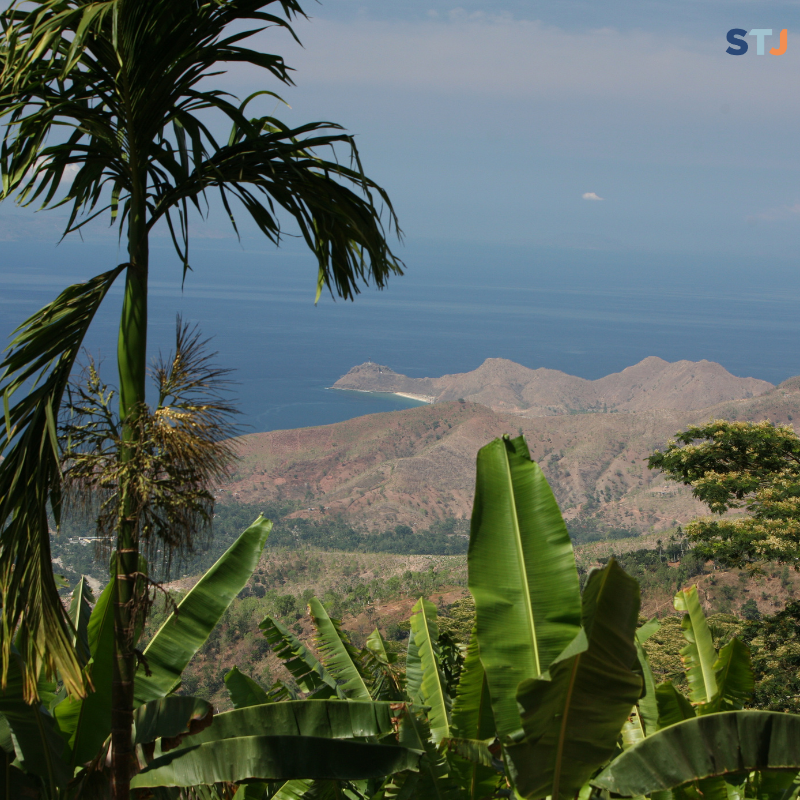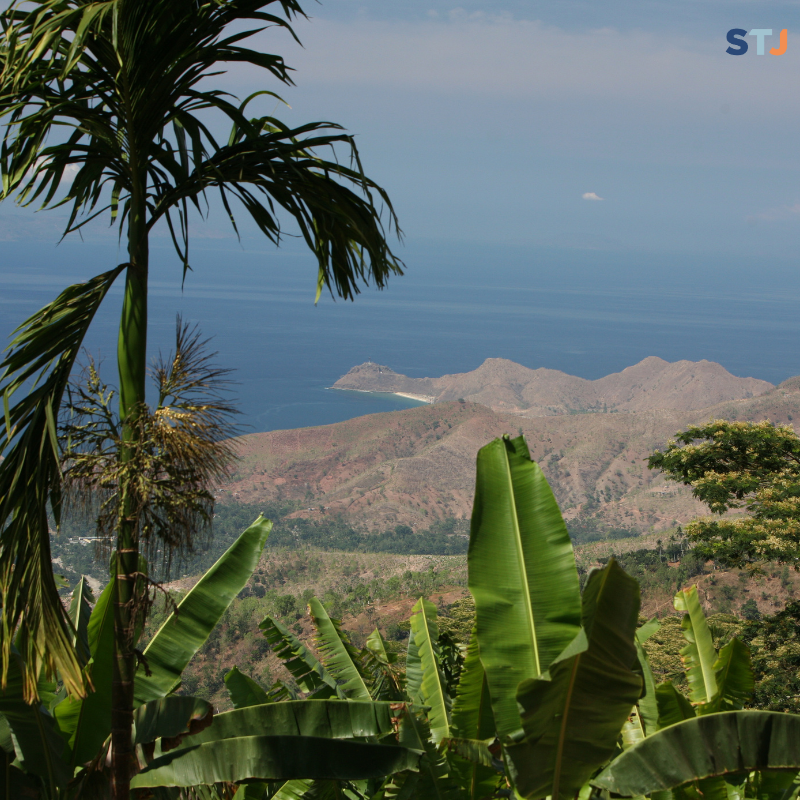By Ana Catarina Machado
As a young Portuguese travel journalist, I visited Timor-Leste, the year it celebrated both its 50th and its 25th year of independence from Portugal and Indonesia. My goal was to explore how this newly established country had developed socially and economically since gaining its autonomy. With the Timorese government heavily investing in tourism, promoting itself as a sustainable destination, I was eager to uncover how they were navigating their complex past while fostering a future rooted in cultural integrity and environmental preservation. This interest was particularly relevant given that some formerly colonized nations (mainly in Africa) are now demanding more acknowledgment and financial reparations from their former colonizers.
I was particularly curious about how the Timorese government was addressing its colonial past. Were they healing, and fully integrating their history into tourism and culture or were they seeking reparations and apologies from their former colonizers? To gain insight, I arranged an interview with a local historian and museum curator, a specialist in Timorese history and the impacts of colonization. I planned to include his testimony in my final documentary.
As we sat in the Resistance Museum in Dili, surrounded by artifacts that told the story of his people, he spoke passionately about the struggles faced by the Timorese, recounting battles and political maneuvers that had shaped their society. His tone shifted a bit, as he expressed his belief that colonization had never truly ended, it had merely transformed into a more subtle form of oppression. He conveyed a sense of sorrow or maybe anger, asserting that neither the Portuguese nor the Indonesians of today had adequately acknowledged their historical wrongs or contributed meaningfully to Timor-Leste’s recovery.

As a Portuguese national, I felt a wave of unease wash over me. His words, though rooted in historical facts, seemed to cast a shadow over my identity and (in)actions. I emphatically understood the pain he expressed. I believe history should definitely be remembered and shared, through casual conversations, museum exhibits, art, education, and partnerships between nations. Yet, I recognized the complexities of history, and could not fully agree with all his assertions, feeling indirectly personally attacked. For instance, I could not forget that Portuguese people lived under Salazar’s violent dictatorship until 50 years ago, which didn’t stop them from protesting against foreign occupation. I was also aware of my government’s involvement in supporting Timor-Leste during its struggle against Indonesian occupation. So, while I agreed that history should be remembered and shared, I struggled with the notion of perpetuating accusations against individuals who were not directly responsible for past atrocities.
Internally, I grappled with the ethical implications of my role as a journalist. I knew my personal beliefs should not interfere with the interview; my responsibility was to report on the stories and struggles of others. I needed to acknowledge his pain and perspective while remaining neutral. Ethical dilemmas are an inherent part of journalism, and I understood that I could not walk away from this interview, confront him directly with my opinions or dismiss his testimony. Instead, I had to embrace the complexity of our world and the histories that shape it, to help people better understand it and, hopefully, contribute to restoring peace.
To navigate this delicate situation, I decided to ask thoughtful questions that would allow for a deeper exploration of his views without escalating tensions. I inquired about the role and reaction of Timorese individuals during the occupation, to uncover the multifaceted nature of the conflict while respecting his perspective. I also probed into the potential for reconciliation, asking if he believed monetary compensation will allow Timorese to make peace with their past, and how the Portuguese and Indonesians of today could “pay” for their ancestors’ doings, without it being unfair to them. Finally, trying to end the interview on a positive note, I also inquired how he would strengthen political ties between the involved countries. Throughout the interview, I maintained a respectful tone, ensuring that my questions did not come across as confrontational. This approach allowed me to gather valuable information for my article while honoring the complexity of the issues at hand.
My encounter with the historian reinforced the importance of listening and understanding diverse opinions, even when they challenge my own beliefs. It is essential to navigate these challenges with sensitivity and respect, recognizing that every story is layered with historical context and emotional weight. I understood that journalism is not merely about reporting facts. It is about engaging with the human experience in all its complexity. As I continue my journey as a journalist, I carry with me the lessons learned from this encounter, striving to approach each story with the respect and integrity it deserves, while fostering dialogue that promotes understanding and healing.
This article is part of the work carried out by the students of the Master’s Degree in Travel Journalism at the School of Travel Journalism.
